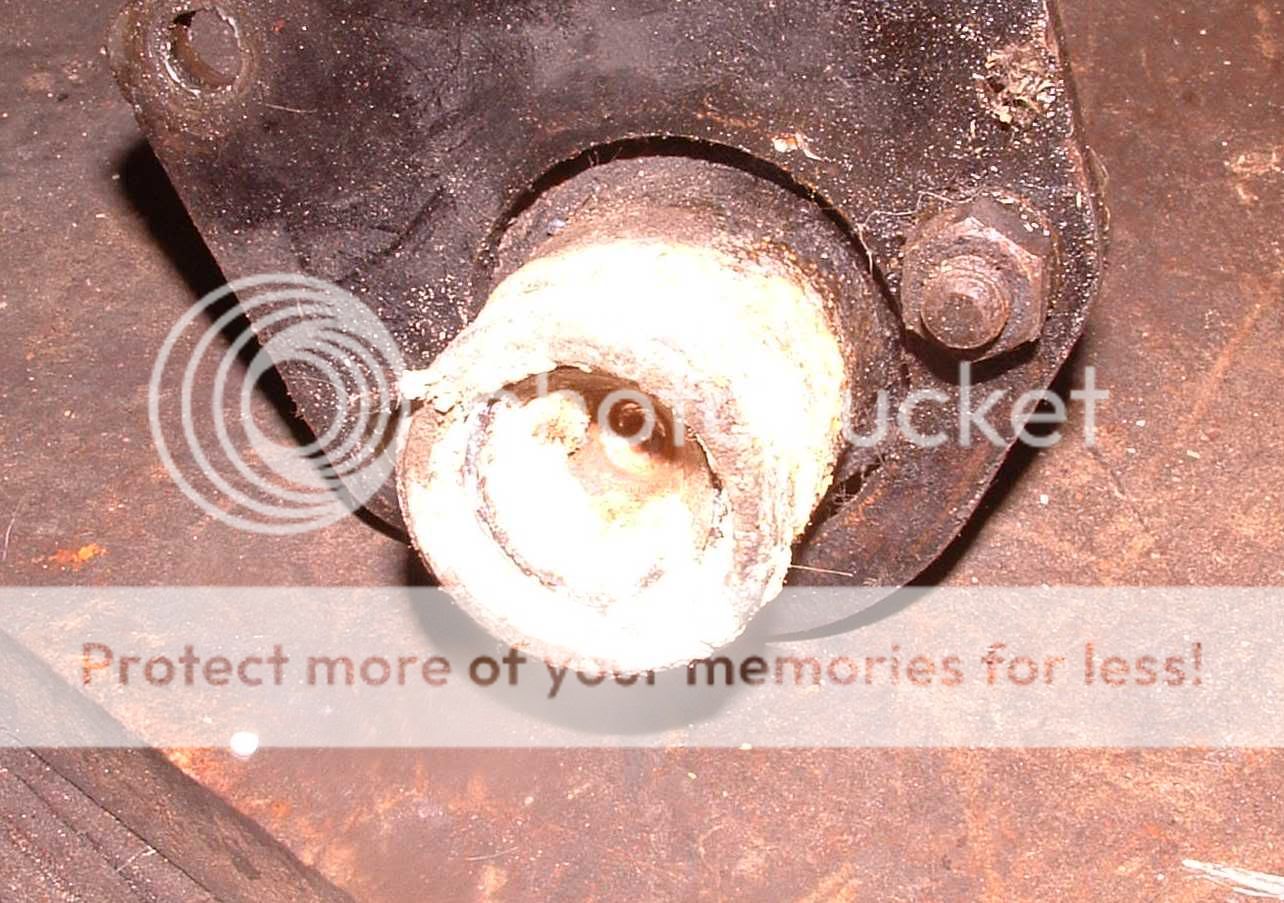V
vagt6
Guest
Guest
Offline
I recently overhauled the master cylinder in my LBC (yes, I confess it's an MG - but I'm really a Triumph guy at heart, sadly with no Triumph at present) and wonder if I MUST use Castrol GT LMA brake fluid.
It appears that Randall has done a bit of research on this subject, and contributed to the Buckeye Triumphs site as well. Randall, your input here would be most appreciated.
From my research it seems the the Castrol fluid is vegetable based (?) and is not prone to eat the rubber bits in the brake hydraulics. Is this factual? Is Castrol GT LMA the only feasible way to go?
No stores in my area seem to carry the Castrol fluid, plus my car is up on jackstands waiting for more brake fluid (I ran out of the Castrol fluid while bleeding the system).
Many thanks to all for the input.
It appears that Randall has done a bit of research on this subject, and contributed to the Buckeye Triumphs site as well. Randall, your input here would be most appreciated.
From my research it seems the the Castrol fluid is vegetable based (?) and is not prone to eat the rubber bits in the brake hydraulics. Is this factual? Is Castrol GT LMA the only feasible way to go?
No stores in my area seem to carry the Castrol fluid, plus my car is up on jackstands waiting for more brake fluid (I ran out of the Castrol fluid while bleeding the system).
Many thanks to all for the input.

 Hi Guest!
Hi Guest!

 smilie in place of the real @
smilie in place of the real @
 Pretty Please - add it to our Events forum(s) and add to the calendar! >>
Pretty Please - add it to our Events forum(s) and add to the calendar! >> 

